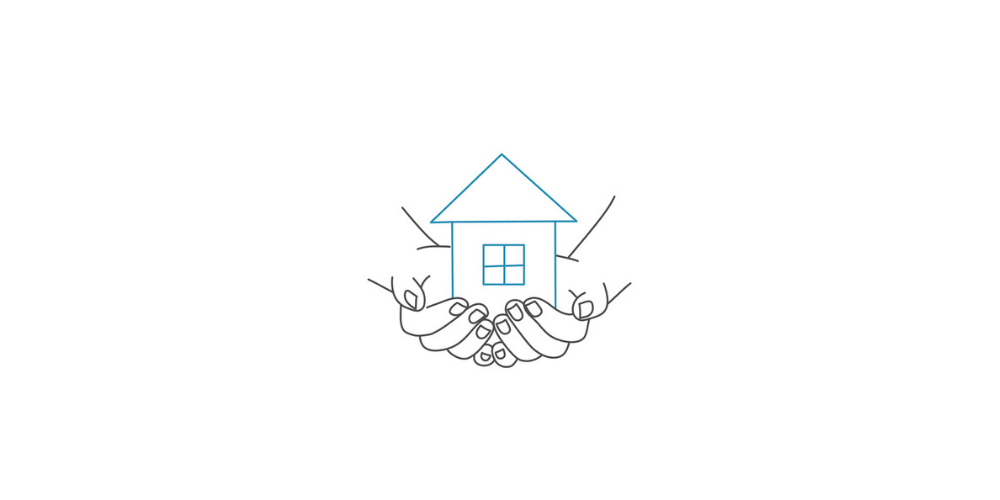This dashboard shows trends in the number of people experiencing sheltered and unsheltered homelessness.
What is this dashboard about?
This dashboard displays: 1) the number of people who were active in an emergency shelter program per night dating back to January 2022, as well as basic demographic information on race, gender, and age; and 2) the number of people known to be experiencing unsheltered homelessness based on their engagement with street outreach teams dating back to September 2021.
What data is available?
Emergency shelter data comes from the Homeless Management Information System (HMIS) and is updated daily. Unsheltered homelessness data comes from a document used to facilitate coordination between local street outreach teams and is updated weekly.
Those active in local domestic violence emergency shelters are not represented in this dashboard, as domestic violence emergency shelters do not report usage in HMIS. These shelters have the capacity to serve approximately 100 clients per day.





